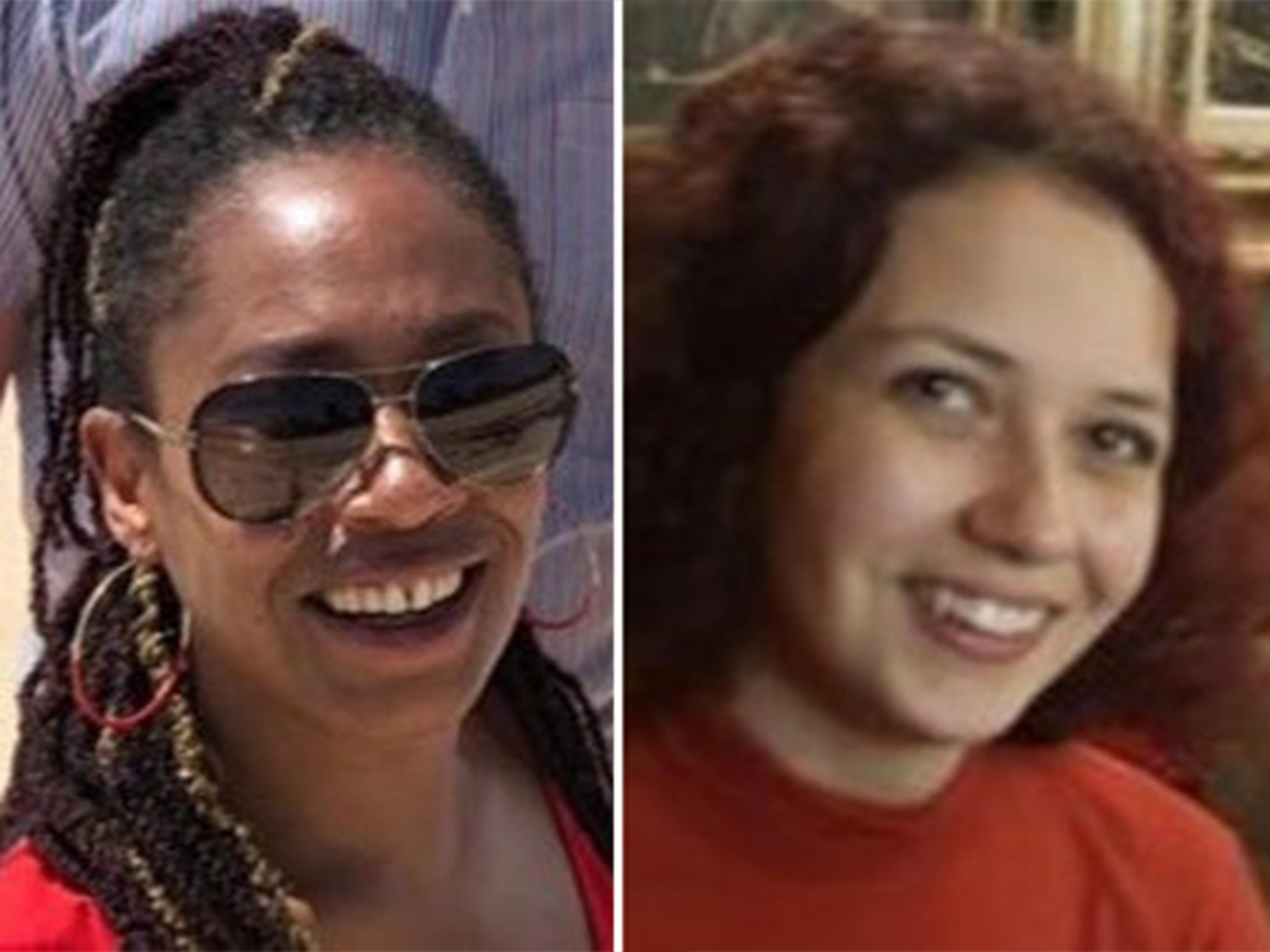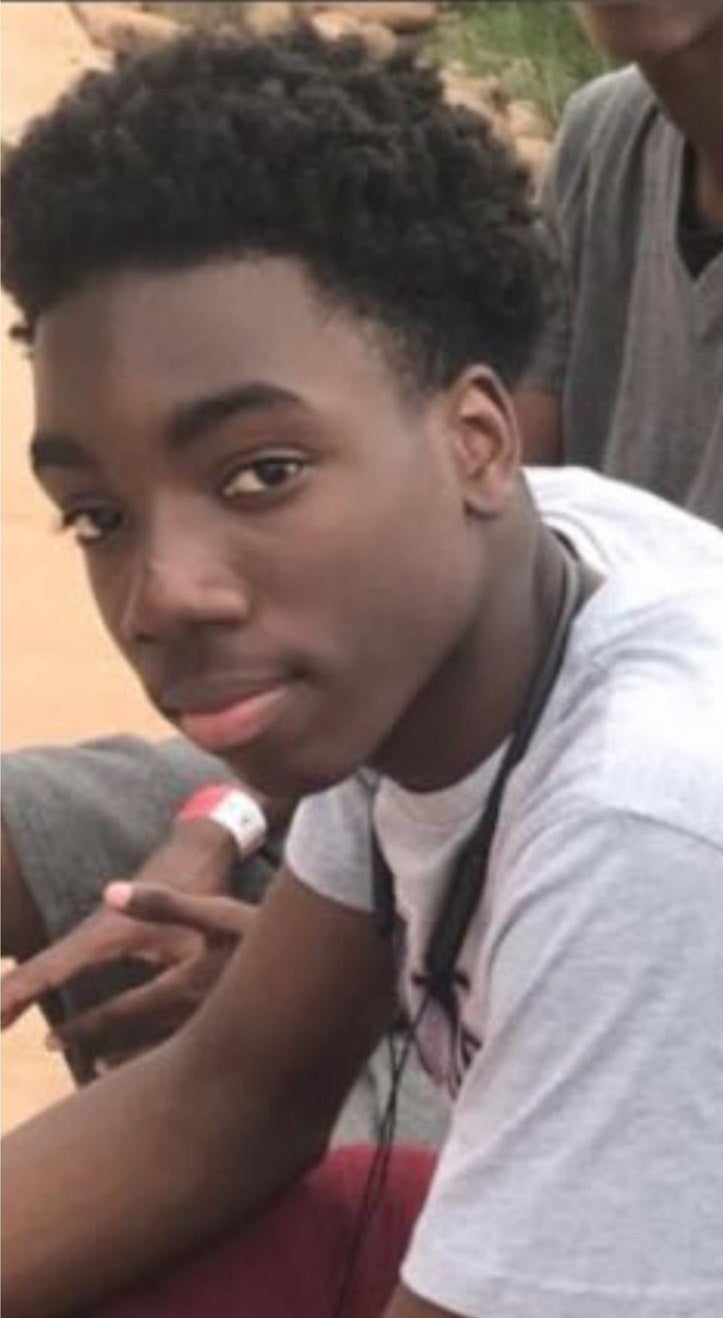Police have a history of not taking missing Black people like Owami Davies seriously
Student nurse Owami Davies has been found after going missing for seven weeks – but the Met has questions to answer


After seven weeks, the police have finally found young Londoner and student nurse Owami Davies alive and well. Everyone’s hearts must go out to her mother, who was recently interviewed in a distraught state saying that it was the uncertainty that was so awful.
But just because Owami’s case has, apparently, had a happy ending does not mean the police do not have questions to answer – not just about her case, but about the way they deal with Black missing persons generally.
Owami left her home in Grays, Essex, on 4 July, telling her mother she was going to the gym. When she did not return home, her family reported her as a missing person.
Just two days later, the police were called to Clarendon Road in Croydon, where Owami was in a distressed state. The police apparently called an ambulance.
But Owami insisted she did not need help, and left before the ambulance arrived. It is remarkable that the police did not do more to help a vulnerable and distressed woman.
But the most significant thing is that, although Owami’s family had reported her as a missing person previously, the police said they did not know about her status because it was not on the national database.
The most important period in finding a missing person is the first 48 hours. If it really takes days to get the information onto the national database, then the Met Police need to devise a speedier system.

The most striking evidence of the lack of seriousness with which the Met was handling this inquiry is that it took nearly a month to issue photographs of Owami. And when they were finally released, on 3 August, they were of the wrong woman. It is as though, for the Metropolitan Police, all Black women look the same.
If the mishandling of Owami’s case were an isolated incident, it would be bad enough. But the Met and other police forces have a history of not taking missing Black persons seriously.
There were the sisters, Bibaa Henry and Nicole Smallman, who were murdered in a London park. When they first disappeared, the police seemed uninterested and the family had to push for action to be taken.
Later, two officers were jailed for taking photos of the two women’s bodies at the crime scene, while a third was sacked for using a racial slur in messages about those photographs.

In another case, a watchdog found that the Met had failed the family of a vulnerable Black teenager who went missing and was later found dead. The desperate family of Richard Okorogheye, 19, were told by one call handler: “If you can’t find your son, how do you expect us to?”
And there was 21-year-old Blessing Olusegun, who was reported missing before being found dead on a beach a few yards from her iPhone and slippers in Bexhill-on-Sea, East Sussex.
Her death was attributed by a pathologist to drowning, and was treated by the police as “non-suspicious”. But her friends and family say they still want answers to their questions.
Missing persons are a particular issue in the Black community. According to official figures, Black people make up 3 per cent of the population of England and Wales, but 14 per cent of the missing persons population.
What Black people say happens when they try to report friends and family as missing is disturbing. They say that sometimes the missing person reports are just not accepted by the police, and that their concerns are not taken seriously. Their suspicion is that Black missing persons are not prioritised.
And the problems with the Owami case are perhaps not unrelated to the fact that the national policing inspectorate has recently taken the unprecedented decision to place the Metropolitan Police into special measures, following the uncovering of a litany of new “systemic” failings in fighting crime and serving victims.
We should all be glad that Owami has been found, but more needs to be done to improve the performance of the Met when it comes to Black missing persons.
Join our commenting forum
Join thought-provoking conversations, follow other Independent readers and see their replies
Comments


Bookmark popover
Removed from bookmarks